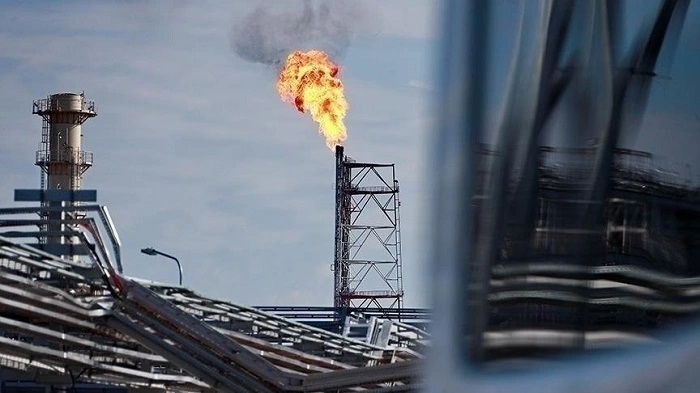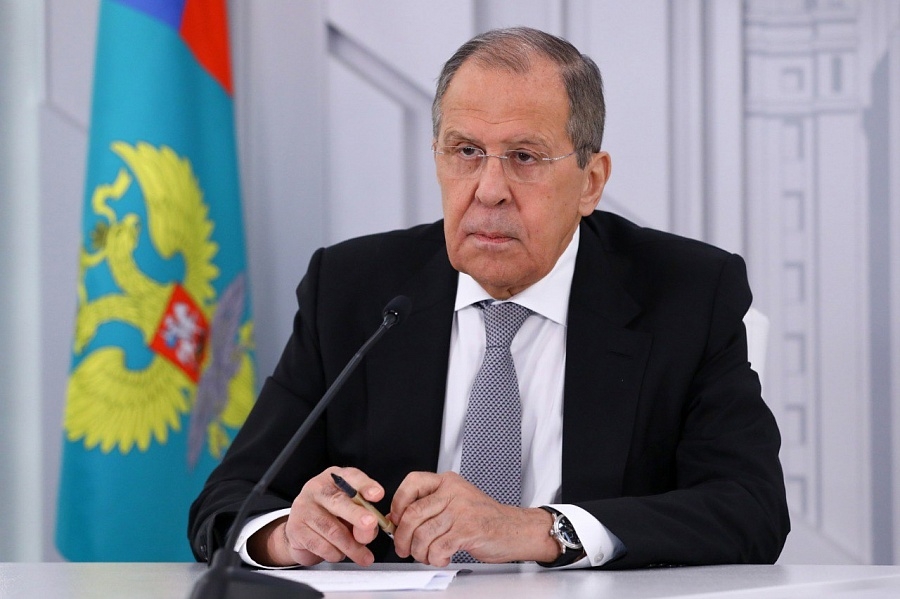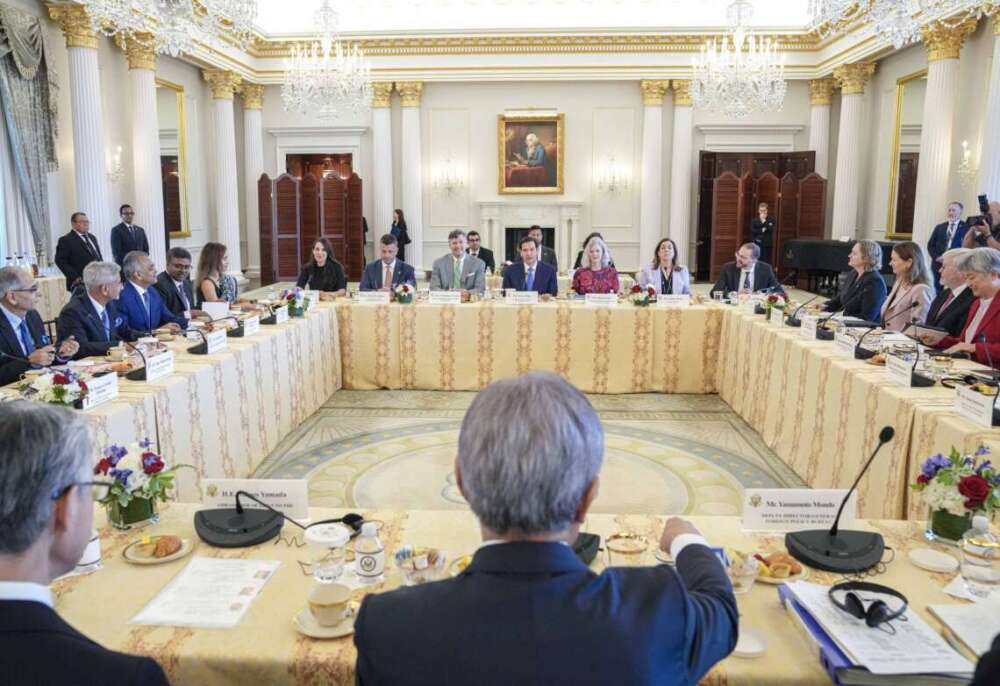In September, the German government rescued Uniper from insolvency because of its key role in the country’s energy supply…reports Asian Lite News
Germany’s largest gas importer Uniper announced that it recorded a net loss of 40 billion euros ($39 billion) in the first nine months of this year due to record high gas prices.
This figure contains “10 billion euros of realized costs for replacement volumes, and roughly 31 billion euros of anticipated future losses from valuation effects on derivatives and provision built-ups related to the Russian gas curtailments as of September 30”, the company said in a statement on Thursday.
“Uniper has for some time been procuring gas at significantly higher prices,” said CFO Tiina Tuomela in the statement, adding that the high cost of procuring new gas was “not being passed through to consumers”.
Gas prices in Europe have more than doubled since the start of the Russia-Ukraine war.
After peaking at almost 350 euros per megawatt hour, European TTF (Title Transfer Facility) gas futures were trading at around 133 euros on Thursday.
In September, the German government rescued Uniper from insolvency because of its key role in the country’s energy supply.
After a capital increase and the acquisition of a share package from Finnish energy group Fortum, the government’s stake will be around 99 per cent.
Under the so-called stabilization package, the company’s short-term liquidity has been ensured by credit lines from the state-owned KfW Bank.
By the end of October, 14 billion euros of the total credit line had been utilized, according to the company.
With a total price tag of at least 30 billion euros, the nationalization of Uniper will be the costliest state rescue of a company in Germany’s history.
For the full year 2022, Uniper is expecting full-year adjusted EBIT (earnings before interest and taxes) and adjusted net income to be “significantly negative”.
It was impossible to give a more precise earnings outlook due to the “high degree of uncertainty” regarding delivered gas volumes and price levels, the company said.
ALSO READ-Germany launches new program to help at-risk Afghans














